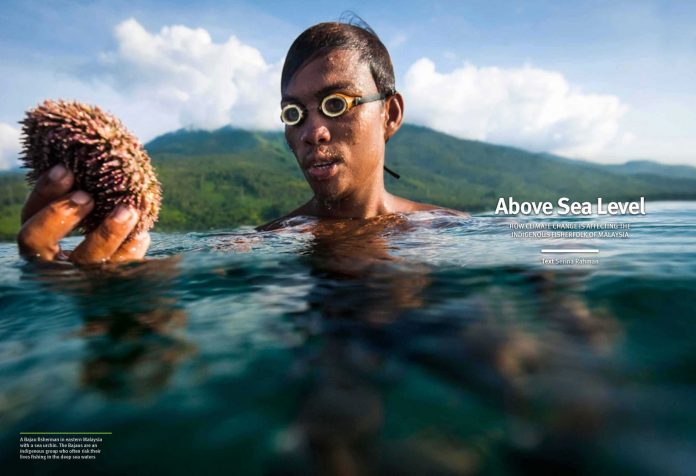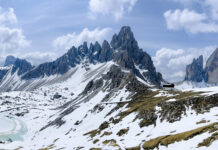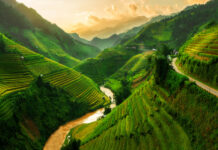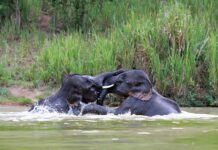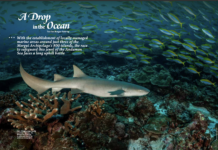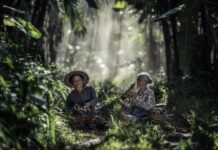(Text by Serina Rahman. Photo © JACOB MAENTZ/CORBIS)
Long before the sun peeks over the horizon, artisanal fishermen across Malaysia’s Johor Strait gather at their respective jetties and beaches. As they set their nets and lines, check their engines and look up for an indication of the weather, they hope that the day’s catch will be a good one.
Some are fortunate enough to be able to fish just off their shores – others burn fuel travelling hours away in their small boats to find a spot that still has fish. Sometimes this even entails sneaking across national borders, risking capture by marine police and violent encounters with human smugglers.
Indigenous way of life
In the southwest of Malaysia, the artisanal Malay fishermen of Mukim Tanjung Kupang ply the narrow straits between Singapore and Malaysia in the Pendas and Pulai River estuaries. These fishermen are used to inshore fishing, never straying far from coastal mangroves and seagrass areas. But over the last few decades, the winds have changed, the weather is erratic and even water patterns are strange.
The winds bring alternatively extremely hot then much cooler air, sometimes bringing them an unexpected shrimp bounty, other times, their nets coming up empty. The generation-old tricks of the trade do not seem to ensure a catch. Monsoon seasons have completely turned on their heads and the only way to guarantee an income when cash is of essence is to travel further out and risk life in border areas.
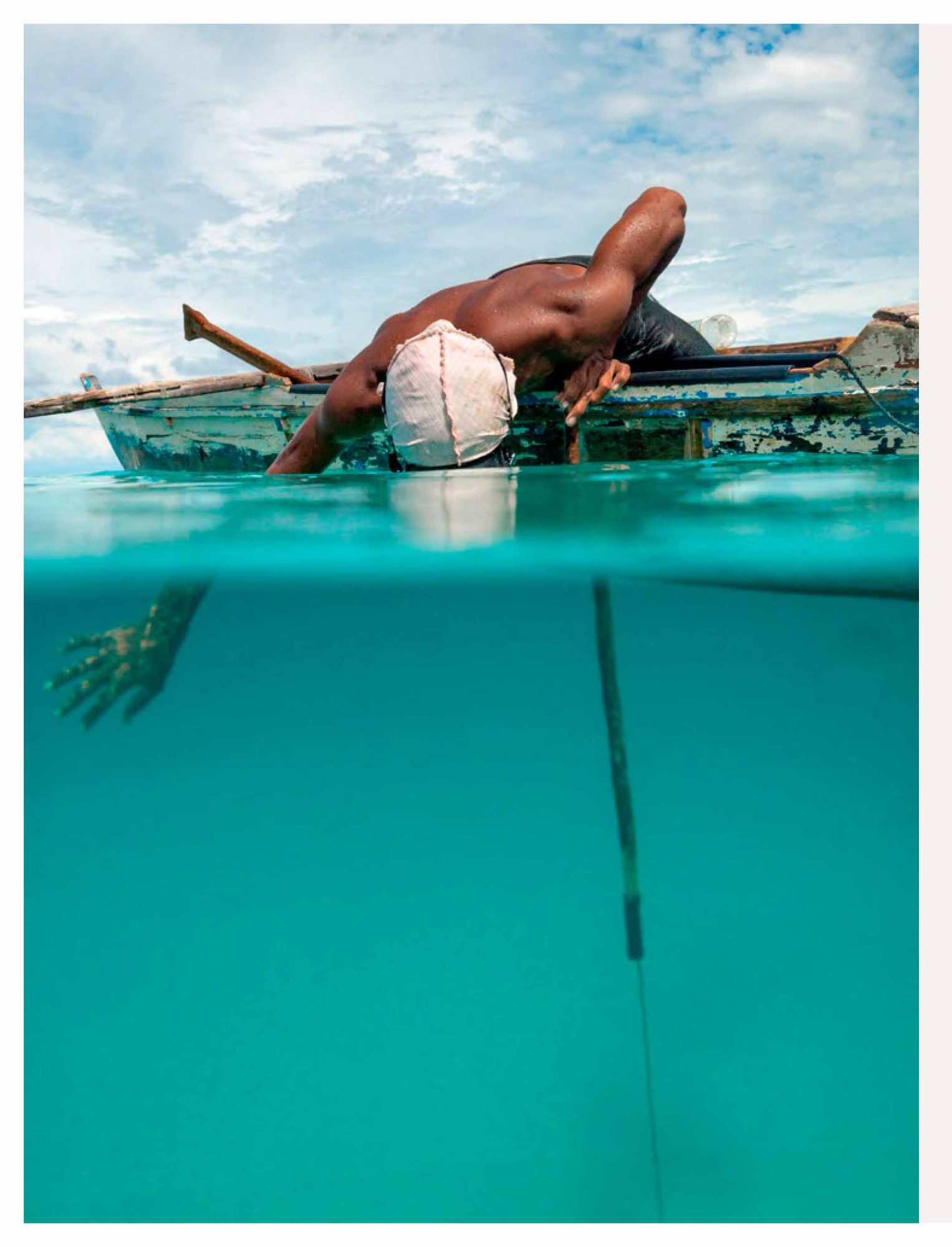
The Orang Seletar, the original indigenous people of this area, are still dependent on the seas as a source of food and livelihoods. Ten years ago they would hardly ever be found venturing beyond the mouth of the river – their boats and engines are too small to go far.
Today, they have no choice and some travel a few hours in their rickety boats to where the container ships are parked to cast their nets.
Climate refugees of the future
Changes in fish catch and living conditions are one of the direct effects of climate change. Coastal fishermen have seen their lands erode as sea levels rise, fish catch dwindle due to inexplicable changes in fish numbers and extreme weather affect their ability to go to sea if not destroying their livelihoods. Even as they try to grow crops to supplement their food supplies, rising waters inundate their land and destroy the little that they would otherwise have been able to harvest.
Check out the rest of this article in Asian Geographic No.117 Issue 2/2016 here or download a digital copy here


